Link to the summary report from the Italian Senate: https://www.senato.it/japp/bgt/showdoc/19/SommComm/0/1372883/index.html?part=doc_dc-sedetit_isr
ENGLISH translation of the text:
IN REFERENT SITTING
(605) Conversion into law of Decree-Law No. 25 of 17 March 2023 on urgent provisions concerning the issuance and circulation of certain financial instruments in digital form and the simplification of FinTech experimentation
(Examination and referral)
The rapporteur, Ms ZEDDA (FdI), illustrates the measure in question, recalling how the bill aims to adapt the national legislation to the provisions of Regulation (EU) 2022/858 (Chapter I, Sections I to VI) and to introduce measures to simplify FinTech experimentation (Chapter I, Section VII). Section VIII of the measure contains the financial and final provisions.
Regulation (EU) 2022/858, in order to take into account the spread of distributed ledger technology (DLT), of which crypto-assets are one of the main applications, provides a European legal framework to bring some crypto-assets within the scope of EU financial services legislation. The EU regulation addresses the phenomenon of so-called tokenization of financial instruments, i.e. the digital representation of financial instruments in distributed ledgers or the issuance of traditional asset classes in tokenized format to enable their issuance, custody and transfer in a distributed ledger.
In a nutshell, a distributed ledger is a database, i.e. a repository of information, shared and synchronised: each update of the ledger itself must be approved according to a specific validation process. The distributed nature of the registry and the different ways in which validation processes work characterise cryptocurrencies and other blockchains in which the validation process is not centralised but can also be, to varying degrees, distributed.
In order to enable the development of cryptocurrencies that fall under the definition of financial instruments and the development of distributed ledger technology, while preserving a high level of investor protection, market integrity, financial stability and transparency, and avoiding regulatory arbitrage and loopholes, the EU regulation creates a pilot regime for market infrastructures based on distributed ledger technology. This regime allows certain DLT market infrastructures to be temporarily exempted from certain specific requirements under EU financial services legislation that might otherwise prevent operators from developing solutions for the trading and settlement of cryptocurrency transactions falling within the definition of financial instruments, without weakening any of the existing requirements or safeguards applied to traditional market infrastructures. This allows the European Securities and Markets Authority (ESMA) and competent authorities to gain experience on the specific opportunities and risks related to crypto-assets falling under the definition of financial instruments and the underlying technologies.
The experience gained from the pilot scheme is intended to identify possible practical proposals for a suitable regulatory framework in order to make targeted adjustments to Union legislation on the issuance, custody and administration of assets, trading and settlement of DLT financial instruments.
In order to enable the application and operation in Italy of the aforementioned pilot regime for market infrastructures based on distributed ledger technology (DLT pilot regime), the provisions of Chapter I of the Decree-Law regulate the issuance and circulation of certain categories of financial instruments through the use of distributed ledger or similar technologies.
Chapter I, Section VII of the decree under review introduces measures to simplify the FinTech experimentation. Fintech experimentation was regulated by Decree-Law No. 34 of 2019 (so-called Growth), which provided for a so-called regulatory sandbox, i.e. a controlled environment where supervised intermediaries and FinTech operators can test, for a limited period of time, technologically innovative products and services in the banking, financial and insurance sectors. The testing takes place in constant dialogue with the supervisory authorities (Bank of Italy, CONSOB and IVASS), possibly benefiting from a simplified transitional regime. The Government, in its Explanatory Report, notes that the first application of the rules governing the sandbox has revealed certain rigidities that may not allow the full use of the new instrument in favour of innovation. The rules under comment therefore introduce simplification measures aimed at ensuring the widest possible operation of the rules introduced in 2019.
The PRESIDENT recalls that the preliminary stage of the decree in question envisages the hearing of the Bank of Italy, CONSOB and IVASS in the sitting of Tuesday, 4 April.
Senators CROATTI (M5S) and ZEDDA (FdI) propose to acquire the documentation of ItaliaFintech, AssoDeFi and the National Council of Notaries.
The PRESIDENT took note of this proposal.
He proposes to convene the plenary session and the Bureau already convened for tomorrow.
He proposed setting Thursday 6 April at 12 noon as the deadline for submitting agendas and amendments.
The Commission agrees.
The continuation of the examination is postponed.
[link] [comments]

You can get bonuses upto $100 FREE BONUS when you:
💰 Install these recommended apps:
💲 SocialGood - 100% Crypto Back on Everyday Shopping
💲 xPortal - The DeFi For The Next Billion
💲 CryptoTab Browser - Lightweight, fast, and ready to mine!
💰 Register on these recommended exchanges:
🟡 Binance🟡 Bitfinex🟡 Bitmart🟡 Bittrex🟡 Bitget
🟡 CoinEx🟡 Crypto.com🟡 Gate.io🟡 Huobi🟡 Kucoin.



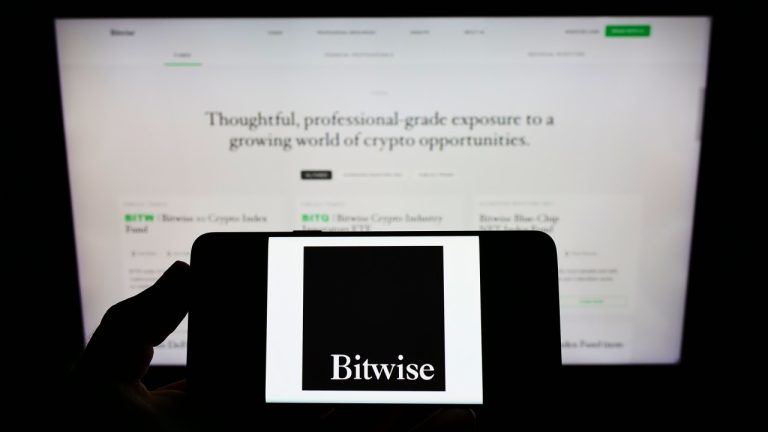


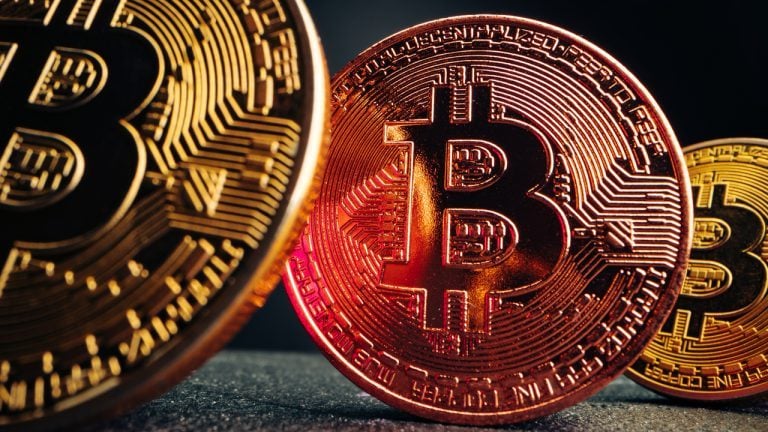

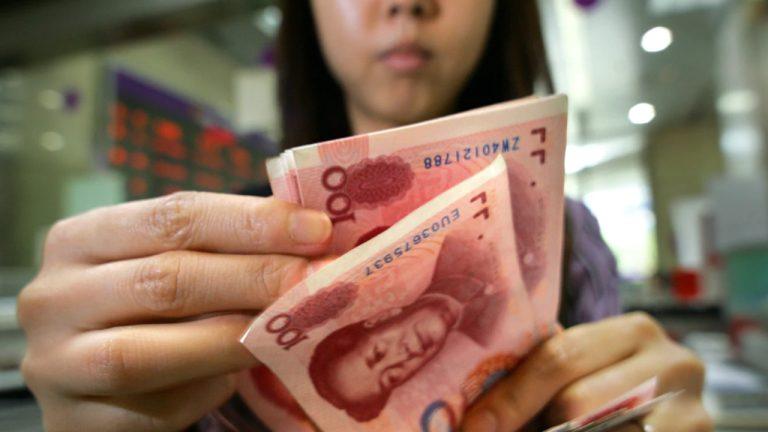
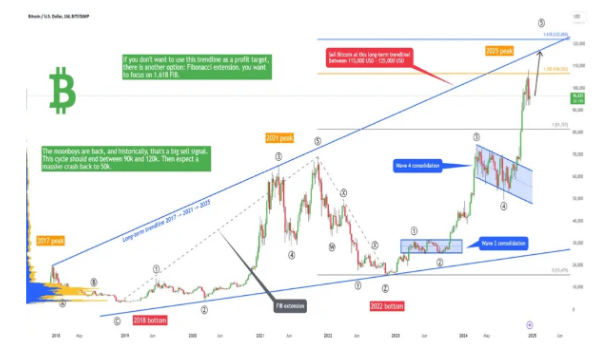




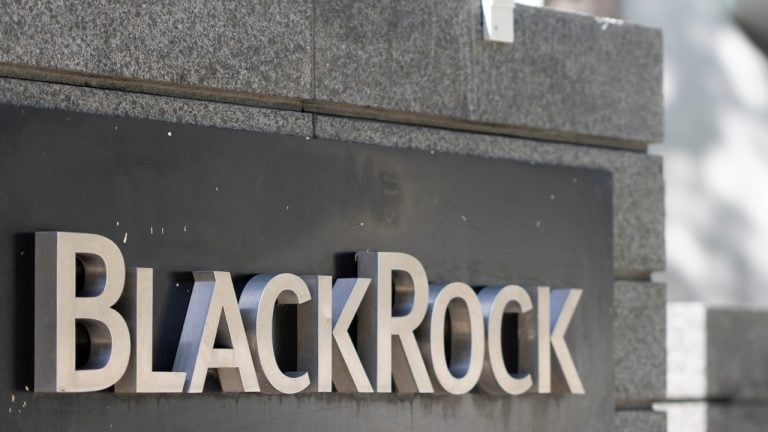
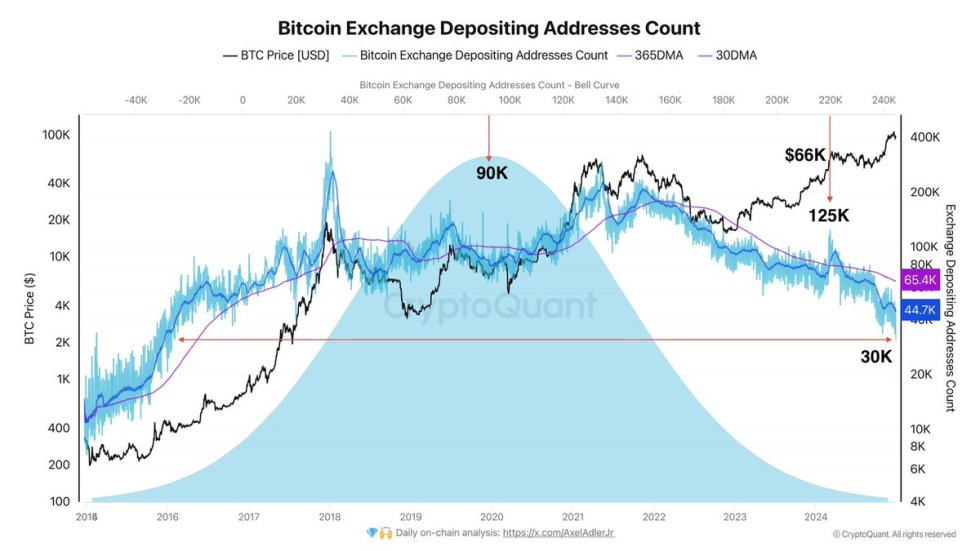



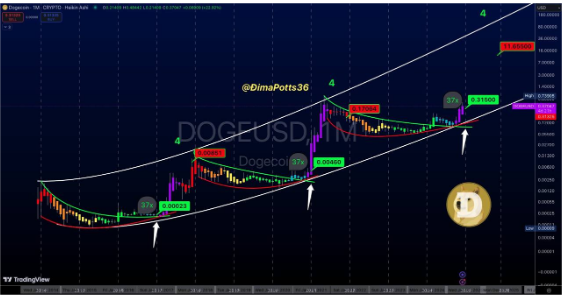
Comments